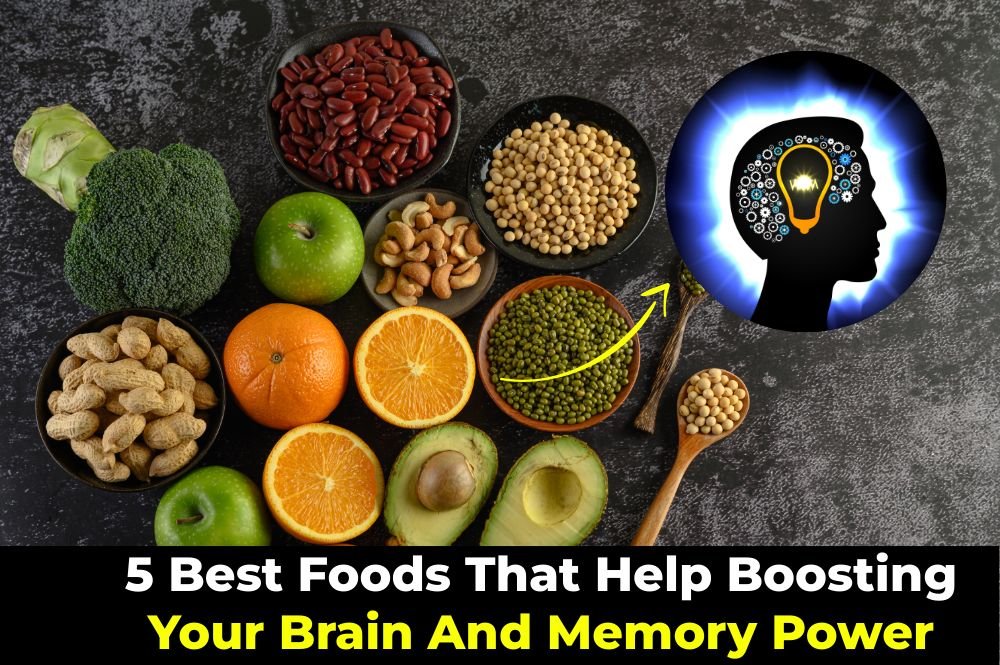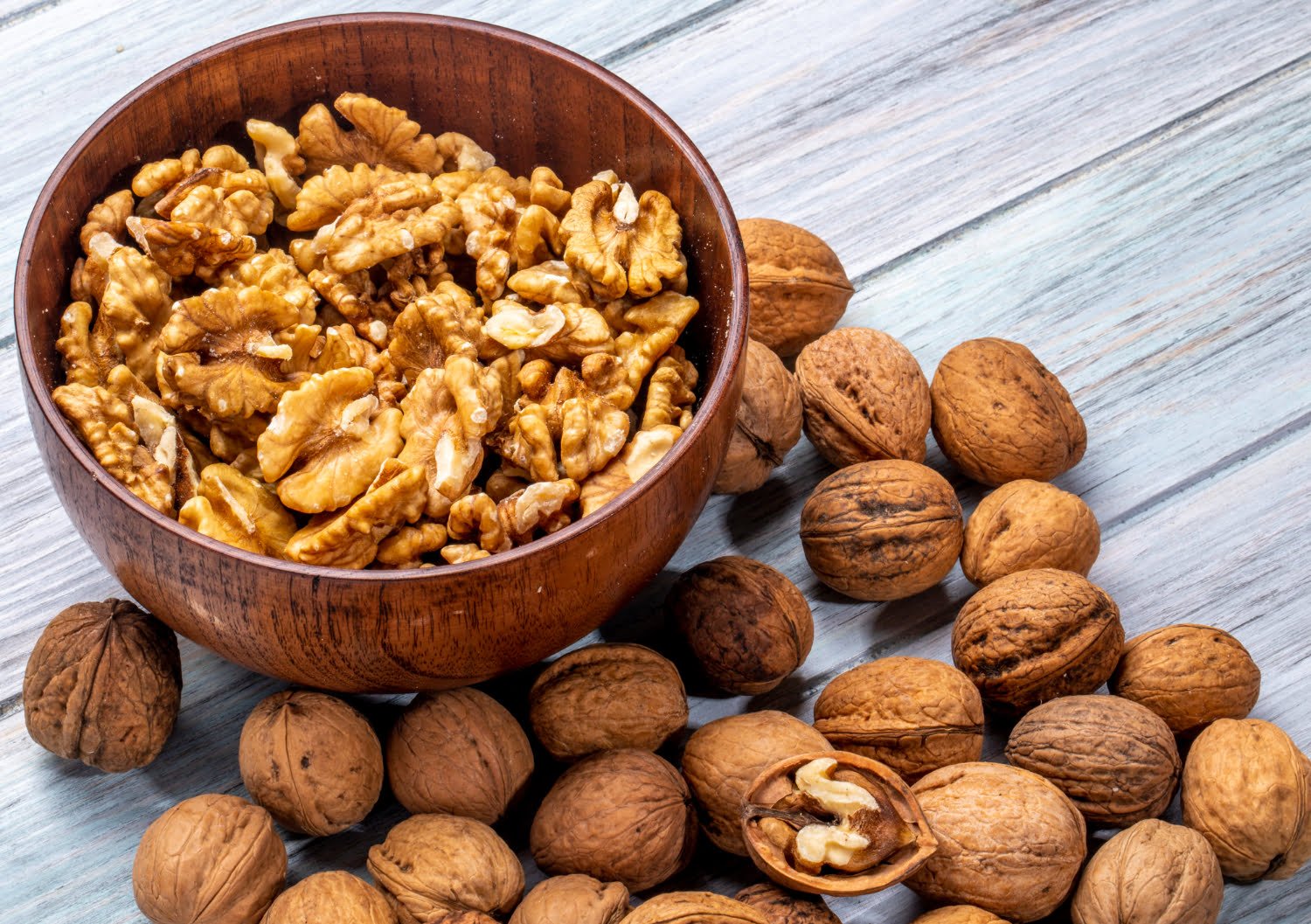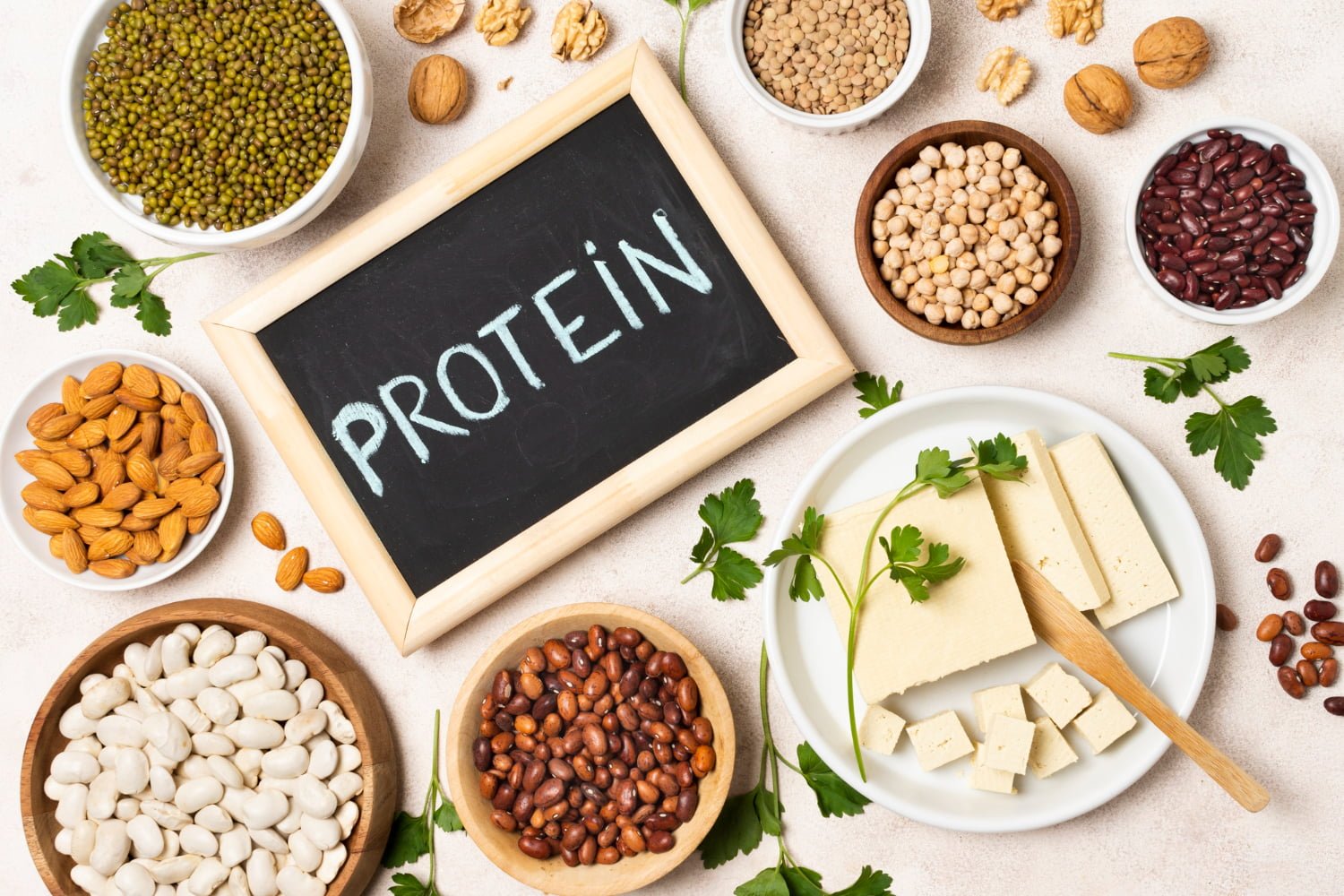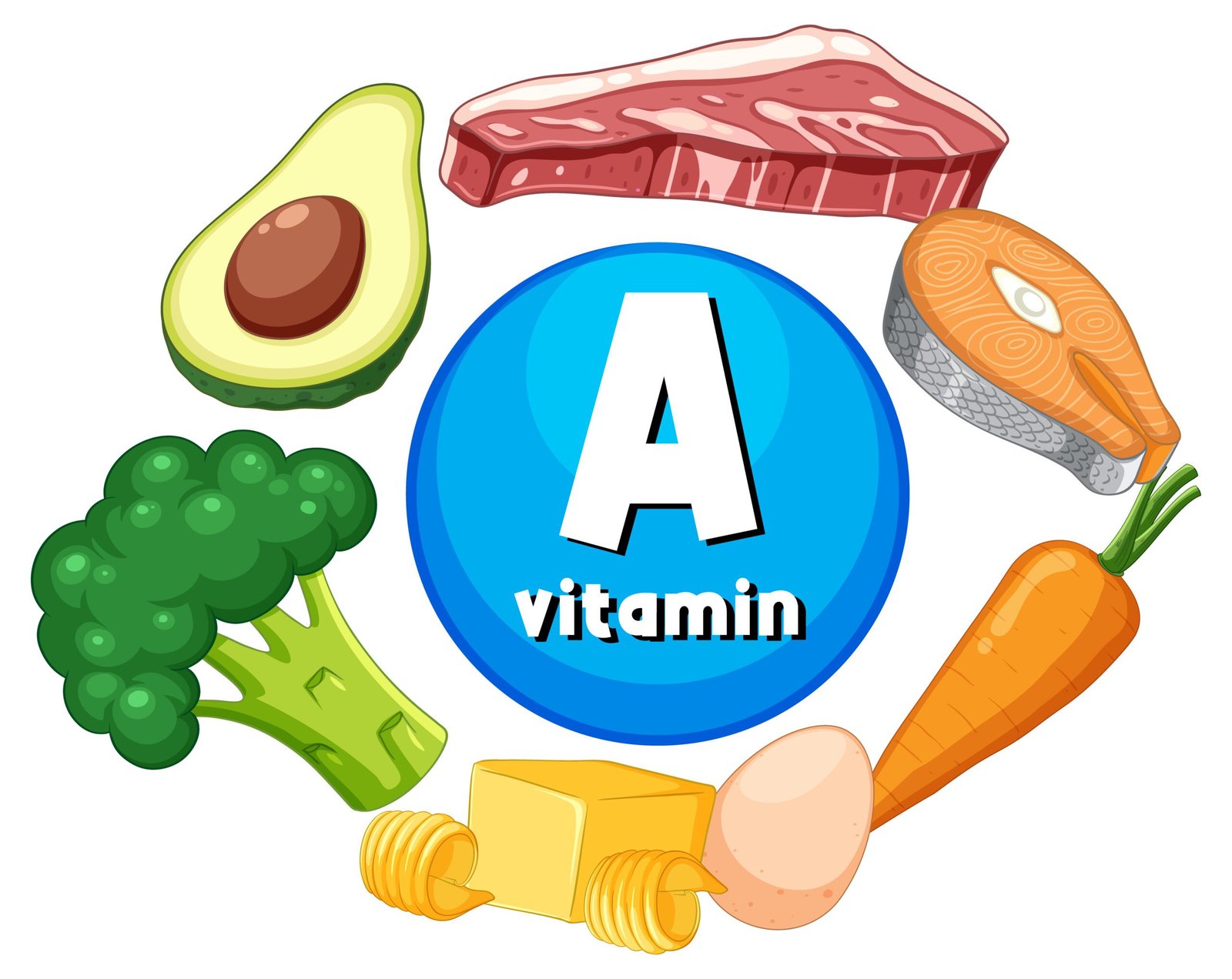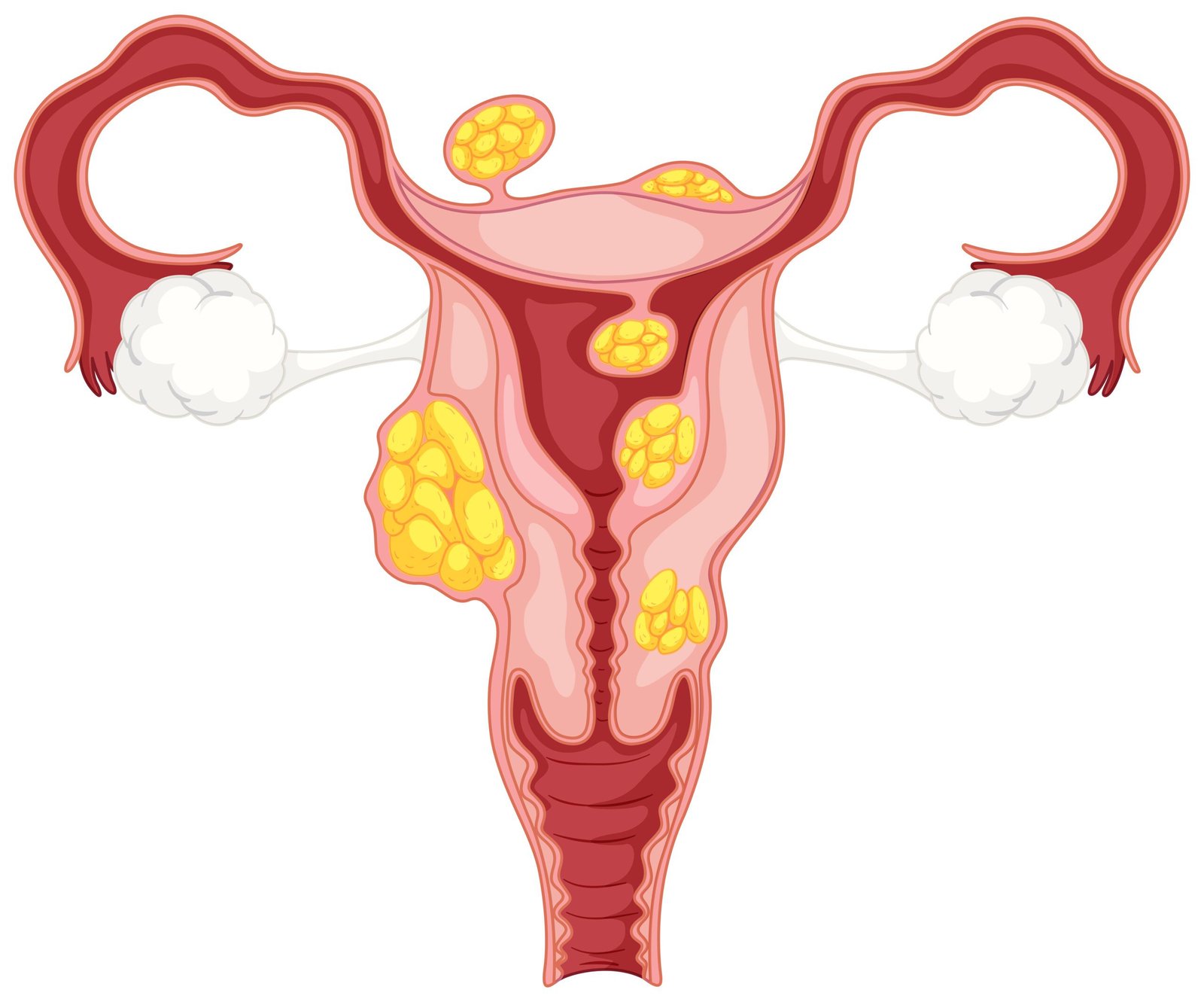5 Early Signs Of Liver Damage: Do you know that the liver is one of the most important organs in our body, that is responsible for vital functions such as filtering toxins and producing bile? But what happens when it is not working as it should? Today, in this latest blog post, we will share 5 that can give you an idea that something is going wrong within your liver.
Let’s first understand what is the importance of the liver.
Why Liver is so Important For Our Body?

The liver is the most important detoxifying plant in the body that converts toxins into waste material which then gets eliminated through various channels of the body i.e., sweat urine and Stools. Not just this, the liver also filters all the harmful substances from the blood.
It removes excess glucose and stores it in the form of glycogen. The Liver produces bile that helps metabolise fat. It stores vital nutrients and performs over 500 such vital functions in the body.
If liver function is compromised, blood pressure worsens, diabetes goes out of control, and digestion weakens, immunity goes down. The effect of that is seen in the form of skin problems belly fat body pains tiredness and other hormonal issues.
5 Early Signs Of Liver Damage
Before showing you what signs they are, it is important to understand that liver disease can take several different forms including liver cirrhosis hepatitis and even liver cancer.
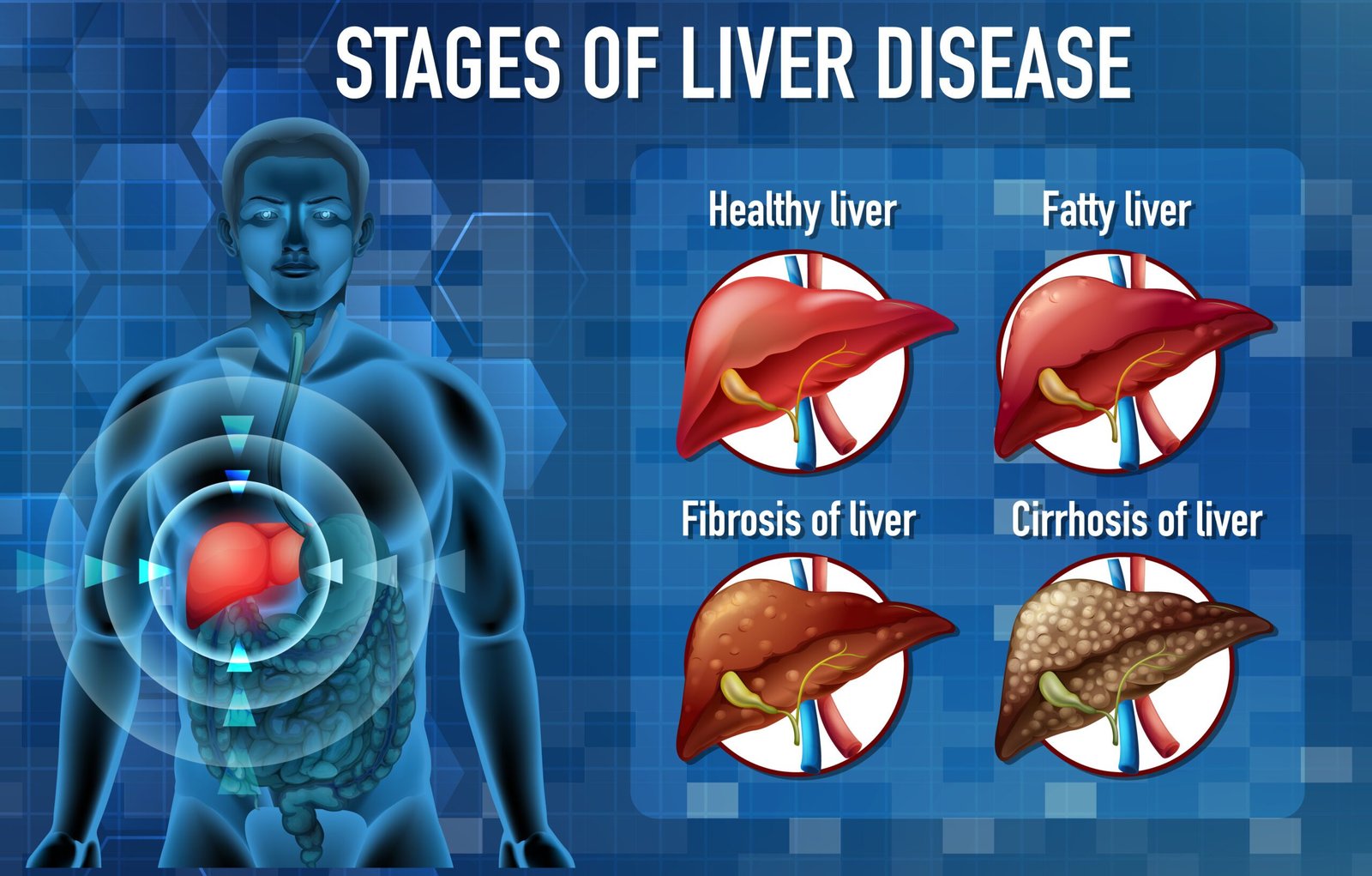
The surprising thing is that in most of the cases, at least one of these five signs is seen before major liver problems.
1. Chronic Fatigue

You may think that you’re just tired from your busy lifestyle, but constant fatigue could be a sign that your liver isn’t working properly. Chronic fatigue is much more serious than just feeling tired after a long day or a bad night’s sleep. Fatigue is a persistent feeling of exertion that does not improve significantly with rest and can drastically affect your quality of life.
In the context of liver disease fatigue can be one of the first warning signs. It occurs due to the liver’s inability to eliminate toxins from the blood efficiently. Fatigue is associated with liver problems and can be accompanied by other symptoms, such as difficulty concentrating, mental confusion and in more serious cases hepatic encephalopathy. A condition that affects brain function and can lead to changes in personality and behaviour.
2. Change in the colour of urine

Pay attention to the colour of your urine, it can say a lot about your health condition. If you start to notice that your urine is consistently darker, this could be indicative of liver problems.
Dark urine is often a sign that there is an excess of bilirubin in your body, a condition known as jaundice, which is a strong indication of a malfunction in your liver.
3. Tendency to Bruise or Bleed easily

When your liver is out of whack and can’t make the protein needed for the blood to clot, healing those cuts and stopping too much bleeding becomes a big problem. When the liver is damaged, its ability to produce these proteins is compromised, leading to an increased risk of bruising and bleeding.
Another thing about liver disease is it can reduce the number of platelets in your bloodstream. This condition? It goes by the name thrombocytopenia. Platelets, those tiny warriors in our blood, play a big role in clotting. If their numbers drop too low, you might find yourself bruising or bleeding more easily. A simple touch or pressure can result in bruising in people with advanced liver disease.
Even common daily tasks, like brushing your teeth or wearing tight clothes, can cause unexpected bleeding. It is necessary to say that, although the ease of bruising and bleeding can be worrying, it is a sign that the liver may be suffering and needs medical attention. It is not something to be ignored or treated carelessly.
4. Yellowing of the skin and eyes
Yellow pigment in the skin and eyes, generally known as jaundice, it is a condition that is characterized by a yellowish tone in the eyes and skin. This is one of the most classic and well-known signs in patients who are suffering from liver problems.
Those who present this sign may also have changes in their stool. Pale, greyish or clay-coloured stools may indicate liver problems, as this suggests that there is little or no bile being released into the intestine.
5. Swelling in the Abdomen or Leg.

These signs can often be confusing with milder swelling caused by other illnesses, so we must be careful. Ascites is what you call it when fluid builds up because the liver has high blood pressure. In addition to being a visible sign of liver problems, ascites can lead to complications such as difficulty breathing.
Due to the pressure exerted by the fluid accumulated in the diaphragm, the main breathing muscles and bacterial infections, known as spontaneous bacterial peritonitis.
Diagnosing ascites usually involves a physical exam, where the doctor may notice the distended abdomen and in some cases, perform a paracentesis, a procedure that involves inserting a needle into the abdomen to take a sample of fluid for testing.
These were the main 5 Signs of the Liver Damage
Latest post: 5 Best Yoga Asanas To Relieve Gas And Bloating
Read Also: Top 10 Anti-Aging Foods That Make Your Skin Younger
Image Source: Freepik
















